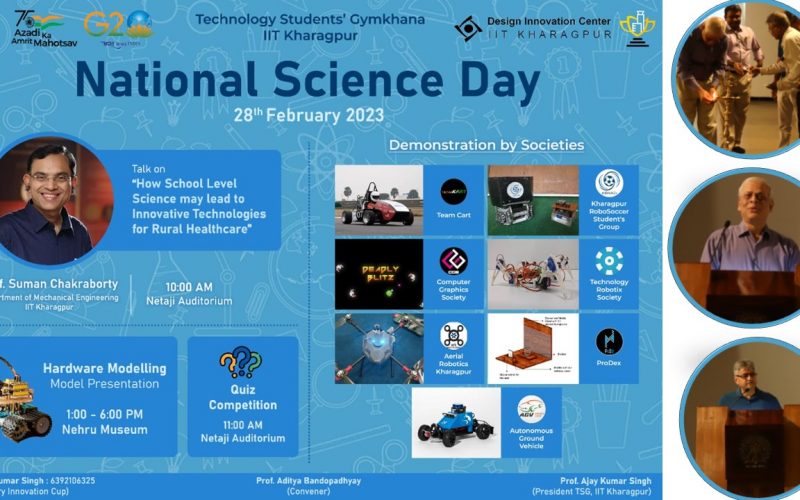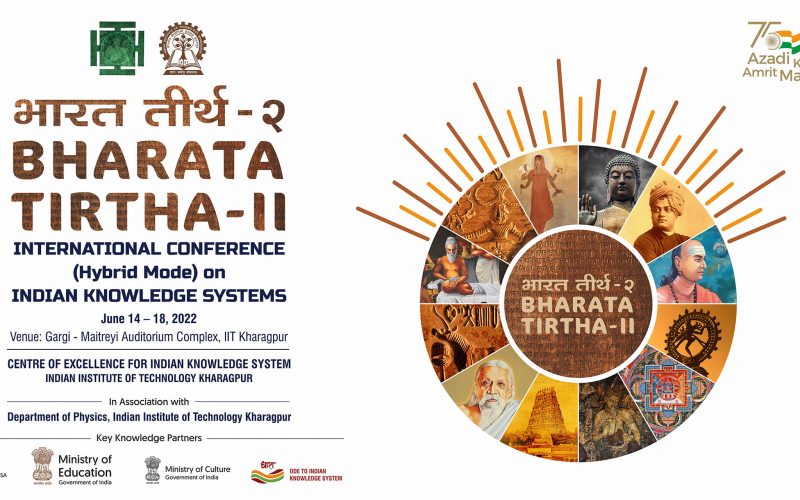
Science is Nothing but a Refinement of Everyday Thinking – National Science Day 2023
Nothing in life is to be feared, it is only to be understood. Now is the time to understand more, so that we may fear less. Science of today is the technology of tomorrow. The whole of science is nothing but a refinement of everyday thinking. It is simply the word we use to describe a method of organizing our curiosity. Knowing our science is our way of thinking. Every year on February 28, National Science Day is commemorated to mark the discovery of the ‘Raman Effect’ by Indian Scientist and Physician C.V. Raman, which became operational on February 28, 1928.…

